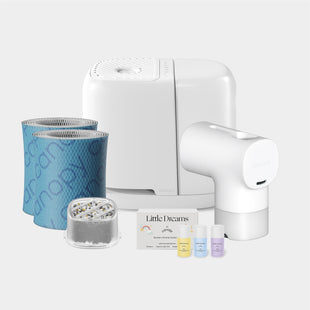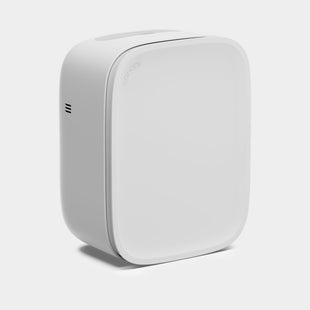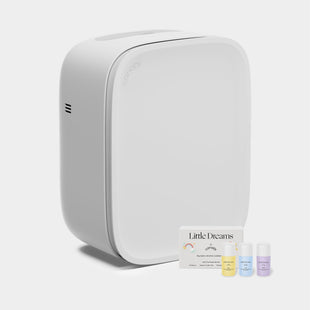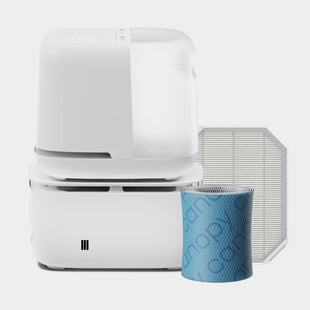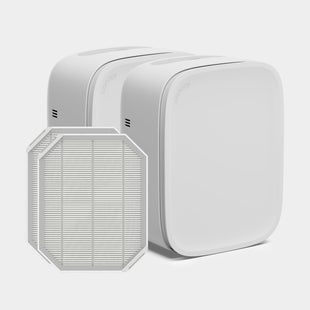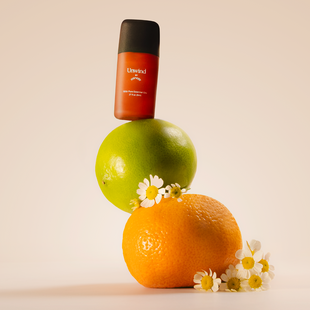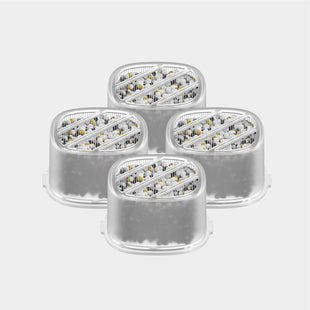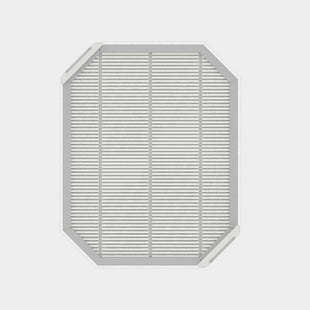This content has been reviewed and updated on July 31, 2023.
The quality of your home’s water can affect your routine in numerous ways. For instance, the minerals in hard water can clog pipes and appliances, stain clothing and plumbing fixtures, and leave skin dry and flaky.
Did you also know that washing with unfiltered tap water can also affect your hair? The following guide explains why and provides tips on maintaining hair health.
How Hard Water Influences Healthy Hair
Shampoo and hard water are a bad combination. Magnesium, calcium, and other minerals create a film over the hair that interferes with the foaming agents in shampoo. If the cleanser can’t create a lather, it becomes less effective at breaking down grime. Hair becomes greasy, dull, and lifeless as a result.
Hard water can't rinse away washing and styling products, either. The residue left behind can block pores and prevent much-needed moisture from penetrating the inner layers of the hair strands. The calcium in hard water also has a drying effect on hair and the scalp, leading to dandruff. A build-up of hard minerals can also pull the hair’s cuticle away from the shaft, causing it to lose its elasticity and become brittle.
If you dye your hair, beware of hard water. When you apply hair color, the dye penetrates the cuticle layer. Hard water minerals can cling to strands and prevent the cuticle from sealing again. This allows the dye to seep out, meaning your new color could fade quickly.

Does hard water cause hair loss? There are a lot of factors behind hair loss, but water quality contributes to the problem because hardness leads to dehydration, fragility, and dryness—under these conditions, the risk of hair breakage increases.
Why Chlorine Is Also a Concern
Can shower water cause hair loss when hard minerals aren't present? The answer could still be "yes." That's because of chlorine. The powerful chemical is a disinfectant used to destroy viruses, bacteria, and parasites in city and well water to make it safe to drink.
Unfortunately, chlorine also attacks the amino acids that prompt hair retention and new growth, as well as the lipids responsible for keeping the shaft glossy, hydrated, and less prone to split ends. Chlorine depletes hair of its nourishing natural oils, too.
The chemical also deteriorates the cuticle layer. The cuticle protects the inner layers and gives strands their shine. Without it, the fragile cortex becomes exposed, which causes dryness and frizz.
Dryness makes hair weak, brittle, and more likely to break. Like hard water, chlorine can also ruin a dye job by bonding with the pigments and forcing them out of the hair. Chlorine can even draw out melanin to reduce the vibrancy of your natural color.
How Shower Filters Improve Hair Health
There are things you can do to prevent bad hair days and breakage due to poor water quality, including installing a hair loss shower filter. It is a simple, effective solution to issues with hard water and hair loss.
The filter removes hair-harming contaminants from the water before it reaches your mane. When you eliminate these substances from the water supply, hair will feel and look cleaner after washing and remain healthy, strong, and hydrated.
Canopy is your choice for reimagined household devices that effortlessly optimize your home for beauty and wellness, from your bedroom oasis to your active family spaces. And we’re ready to help you upgrade one of the most important parts of your routine—the shower. Our new easy-to-install filtered shower head reduces dissolved minerals, added chlorine, and other contaminants in your household water, providing clean water that supports healthy skin and hair. Say goodbye to dull skin, brittle hair, and flaky scalp and hello to healthy skin and scalp and longer-lasting hair color.









